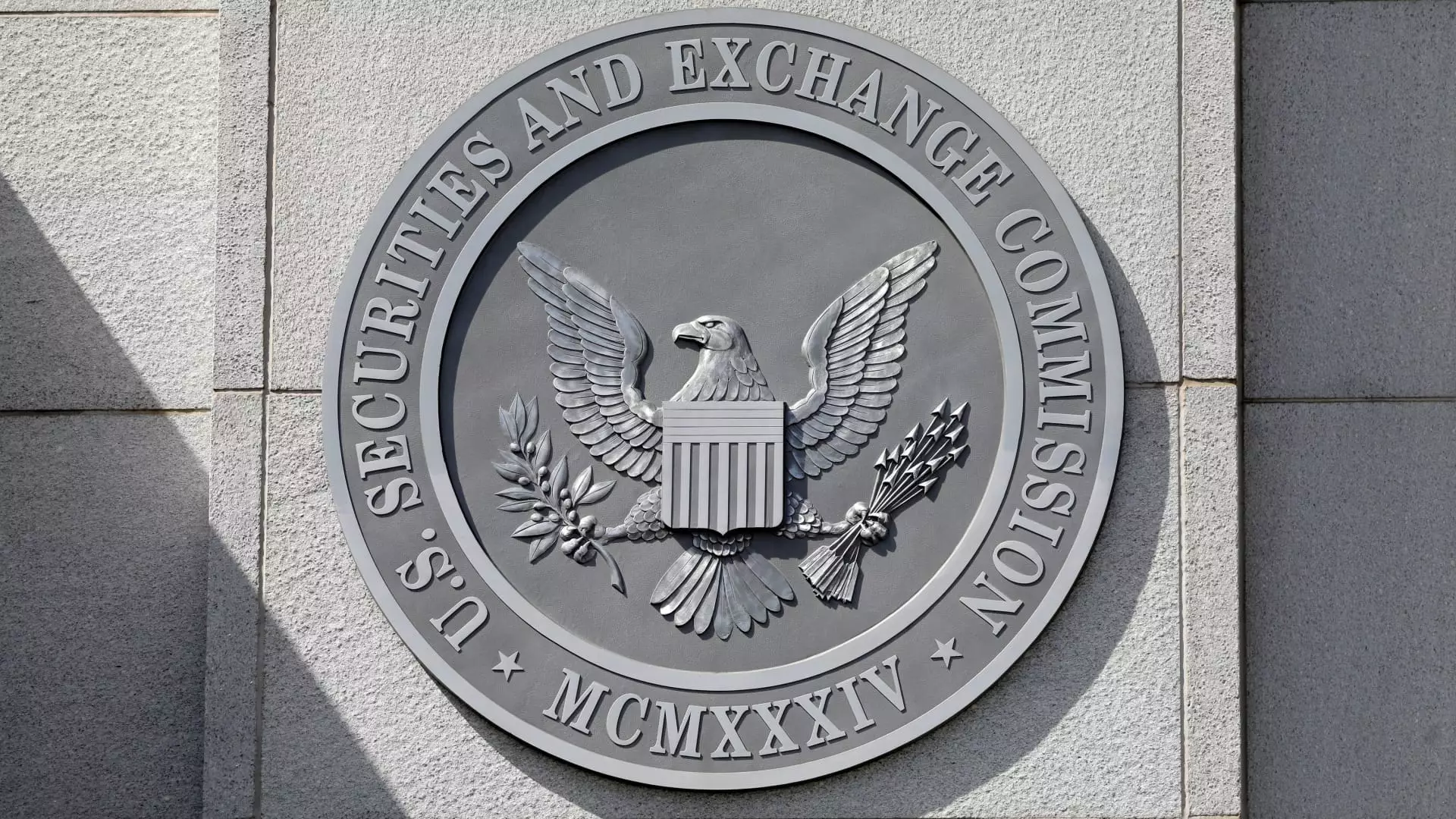The enforcement landscape within the U.S. Securities and Exchange Commission (SEC) is undergoing a notable transformation, driven by political leadership changes since President Donald Trump assumed office. Recent reports reveal a crucial shift in the procedural dynamics governing how investigations are initiated, potentially setting a new tone for regulatory enforcement and signaling broader implications for Capitol market oversight.
Recent communications indicate that SEC lawyers are now required to obtain explicit permission from politically appointed leaders before embarking on formal investigations. This procedural alteration, which has not been previously disclosed, is viewed as a substantial deviation from established practices. Traditionally, lower-level staff were empowered to initiate investigations, ensuring a sense of agility and autonomy within the agency. However, with the current leadership structure comprising three commissioners—two Republicans and one Democrat—this delegation of power appears to have been curtailed.
The requirement for SEC enforcement staff to secure approval for formal investigation orders represents a significant bottleneck that could affect the timeliness and effectiveness of probes. Formal orders are essential for issuing subpoenas, which are critical for collecting testimony and documents from subjects under investigation. What remains unclear is whether the commission has formally voted to revoke the previous delegation of authority or which individuals initiated this significant policy shift.
The political implications of this shift are far-reaching. Positioned at the intersection of policy and enforcement, the SEC plays a vital role in maintaining market integrity. Some proponents of the new investigative approach argue that requiring higher-level approval could protect individuals from unwarranted investigations, thus minimizing potential harm. Nevertheless, critics express concern that this change undermines the autonomy of enforcement staff, who may now find their ability to act swiftly compromised by bureaucratic layers.
As it currently stands, the commission is led by Republican Mark Uyeda in an acting capacity alongside Republican Hester Peirce and Democrat Caroline Crenshaw. The departure of former chair Gary Gensler and fellow Democrat Jaime Lizárraga last month further solidifies the shift away from the enforcement priorities under the previous administration. Inside the agency, there exists a palpable tension between the desire to placate political considerations and the commitment to uphold the integrity of the SEC’s mission.
It is essential to note that despite this bureaucratic layer, enforcement staff at the SEC are still permitted to engage in informal investigative actions without seeking prior approval. This includes the ability to send out requests for information or perform preliminary inquiries. Historically, the SEC has oscillated between moments of robust enforcement and periods of restraint, and this current pivot reflects a potential shift toward a more cautious approach, aligning with pro-business sentiments.
SEC enforcement practices have evolved over time in response to changes in leadership and administration directives. The delegation of investigation authority has transitioned through various stages—most notably, the previous administration had empowered enforcement directors to grant such authority, while the Trump administration established a more stringent oversight protocol. Experts have speculated that this newfound emphasis on formal oversight may signal a strategic retreat from aggressive capital market regulation.
As the SEC adapts to its new leadership and procedural mandates, the broader implications for corporate regulation remain uncertain. This regulatory evolution occurs within a context that includes a presidential directive aimed at addressing the “weaponization” of governmental oversight, including actions within the SEC. How this directive interacts with the commission’s operational autonomy raises pressing questions about the effectiveness and credibility of enforcement in an increasingly complex marketplace.
While the immediate ramifications may not lead to a decline in investigations, the original intent of these probes may be subject to greater scrutiny from political appointees. As the SEC recalibrates its enforcement strategy, stakeholders in the financial sector must remain vigilant observers of these dynamics, which could define regulatory trajectories for years to come.
The SEC’s shift toward heightened oversight in the investigation initiation process may represent a transformative moment in U.S. financial regulation. As the commission recalibrates its approach, the balance between political considerations and the need for robust financial oversight will continue to shape the agency’s operations in an evolving economic landscape.


Leave a Reply